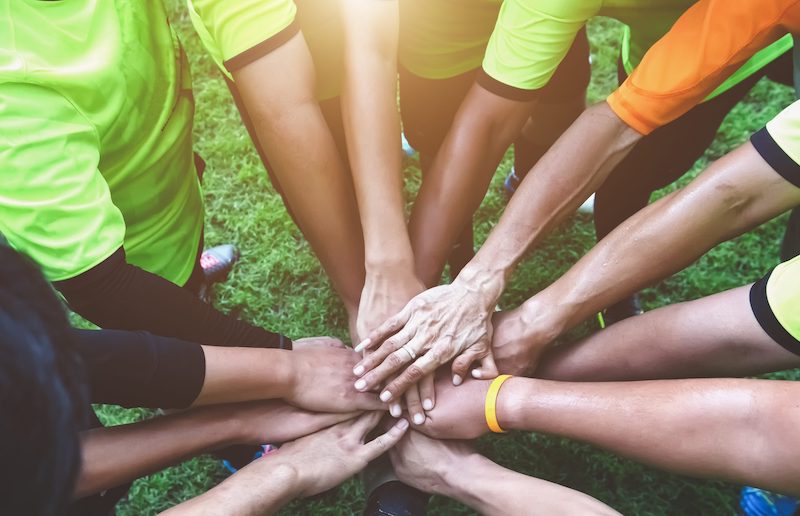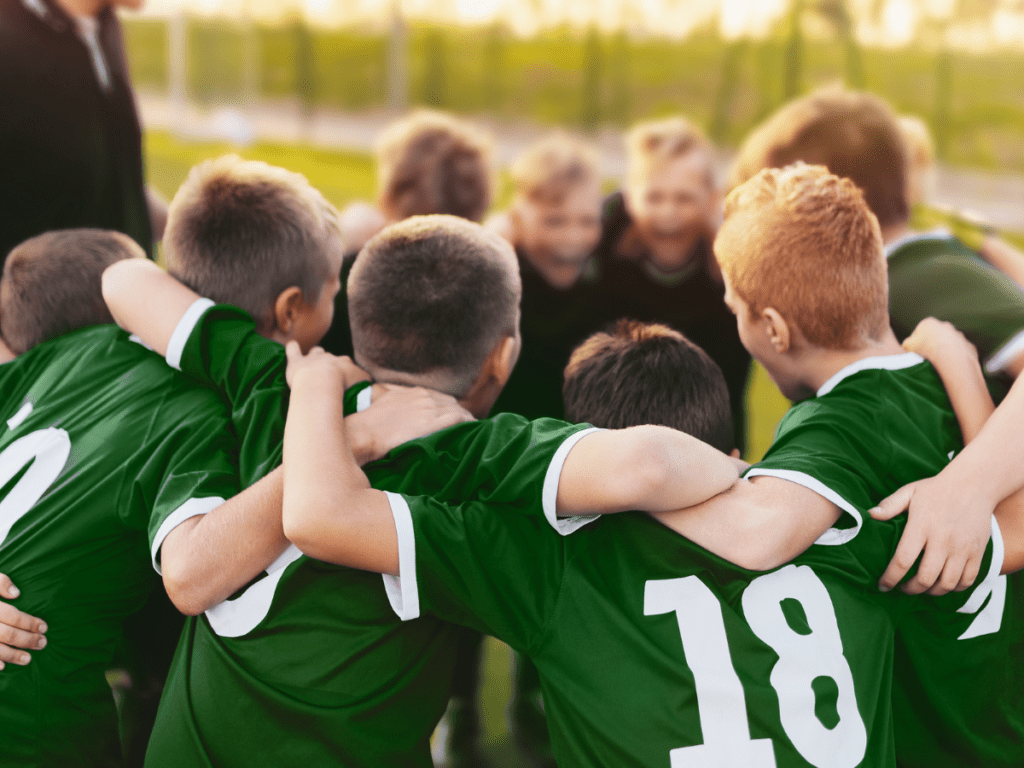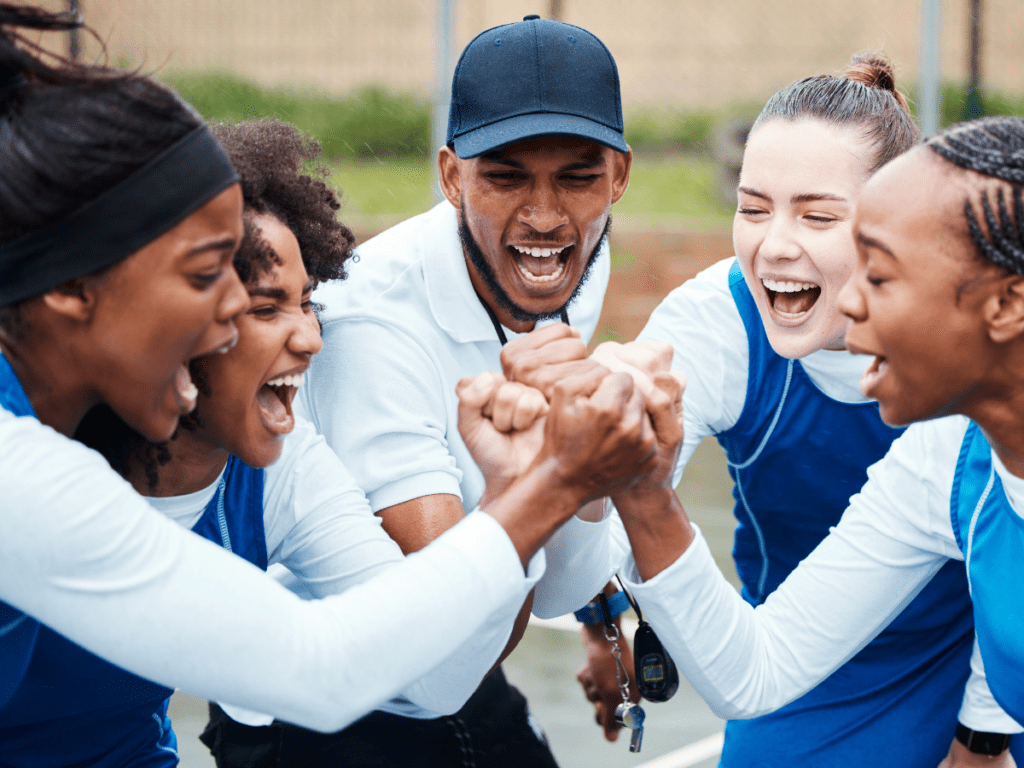Programs for urban Indigenous youth
Urban Indigenous youth face several barriers when accessing sport and physical activity programs, including experiences of racism and a lack of supportive networks. All-Indigenous programs that prioritize the needs of Indigenous youth and offer opportunities for coaching and mentorship from trained, culturally sensitive leaders may help to reduce these barriers.
How sport builds community
Professional sports teams play an important role in bringing local communities together. For example, by participating in vaccination initiatives and building relationships with local youth soccer clubs, the Halifax Wanderers Football Club became an integral part of the Halifax community during the pandemic. Read the SIRCuit to find out more about how professional sport organizations…
Activating Safe Sport communities

Highlights In May 2021, the Sport Information Resource Centre (SIRC) announced the launch of its Community Activation Grants. This program supports sport organizations in developing and disseminating concussion and Safe Sport resources in Canadian communities. The launch was set against the backdrop of the Government of Canada’s commitment to reactivate local sport organizations, after the COVID‑19…
Insight to inform program delivery
“Senior decision-makers in community sport organizations need to create opportunities for program leaders to share their experiences and knowledge. Staff know the barriers and challenges experienced by participants, but those barriers and challenges can persist if insights aren’t filtered up the organizational hierarchy.” – Amina Haggar, a University of Ottawa graduate student, shares insights from…
Preventing fraud in community sport
Financial fraud can have devastating effects on a sport organization’s service provision, reputation, and long-term viability. Research suggests a three-tiered approach to fraud prevention, including training for leaders on financial management to understand the risks; sound financial management practices; and early detection systems.
The role of social capital in the organizational capacity of community sport

Project summary Social capital is the trust, reciprocity, and shared understanding that may be produced and reproduced in a social connection. When generated among individuals and within groups in an organization, this ‘social energy’ may be an important resource for goal achievement. The objectives of this project were to investigate the nature and development of…
Newcomer experiences
For community sport organizations, newcomers to Canada are an important source of future participants/members, staff, and volunteers. Taking the time to consider the experiences of newcomers when they walk through your doors or onto your fields – and taking action to make those experiences better – can help build authentic and long-lasting relationships.
Multiculturalism and physical culture: The case of the GTA

There are two parts to this project: First, we have established an open-access on-line archive to collect every form of physical culture that people participate in in the Greater Toronto Area (GTA). Second, use the on-line archive to engage in follow-up research – interviews and secondary data analysis – to answer an initial set of…
Engaging second-generation African Canadian girls
Research about the community sport experiences of second-generation African Canadian girls identifies several challenges to participation. Tips to support participation include all-female spaces, providing concurrent programming for younger siblings, and engaging multicultural health navigators to build trusting relationships with families.
Reasons for sport
Research suggests newcomers to Canada turn to sport and physical activity for many reasons, including expanding one’s social network, improving health and wellness, and integrating into Canadian society. Sport organizations can build on this opportunity to expand their networks and membership through authentic engagement.